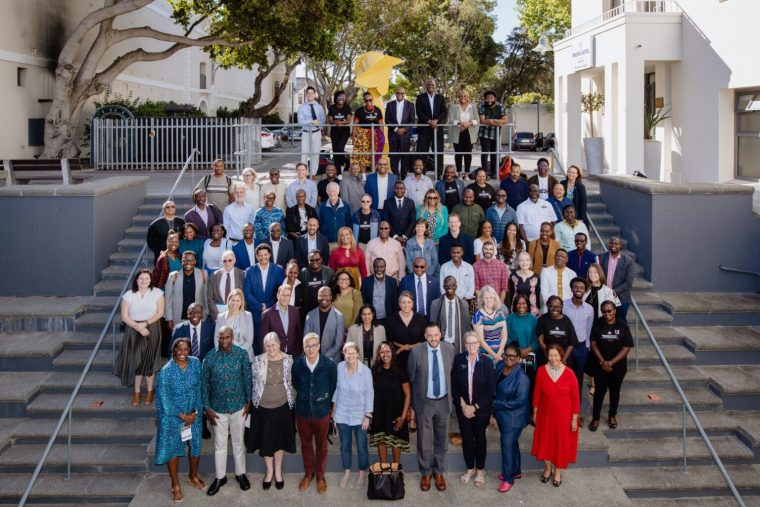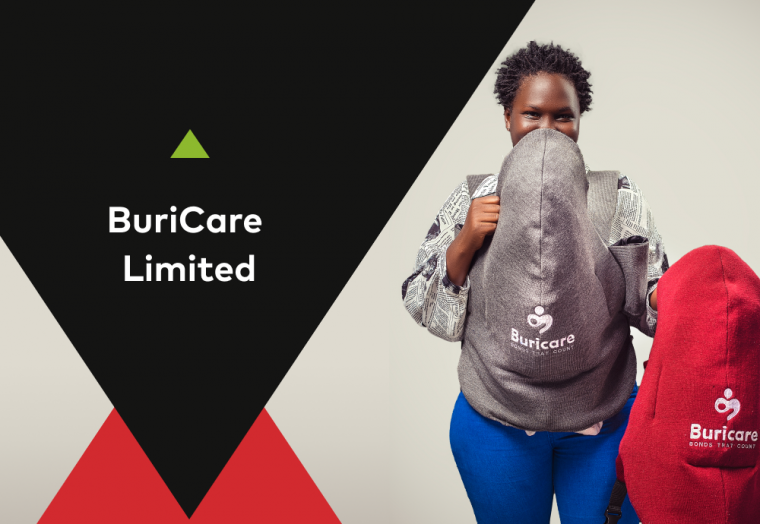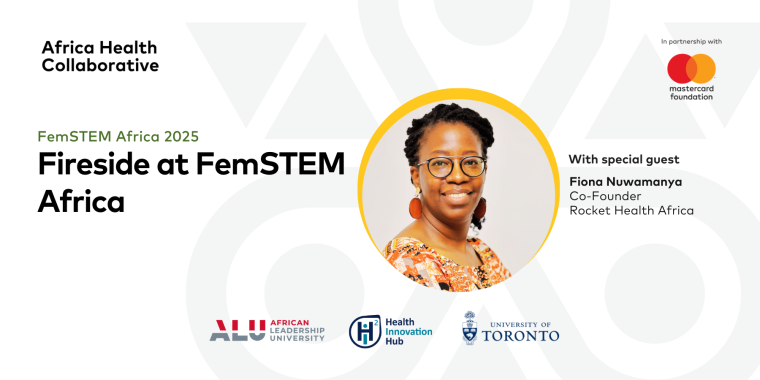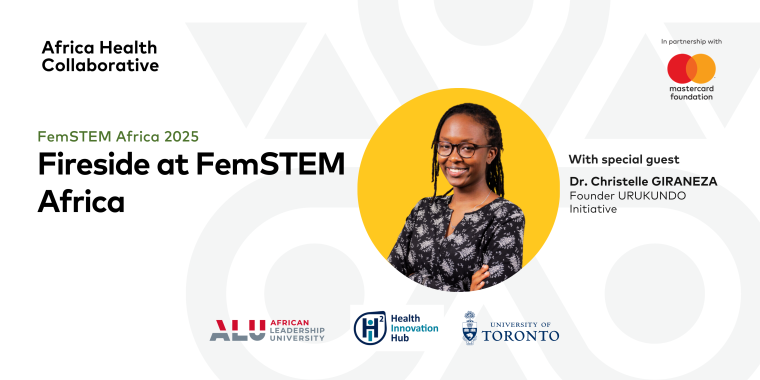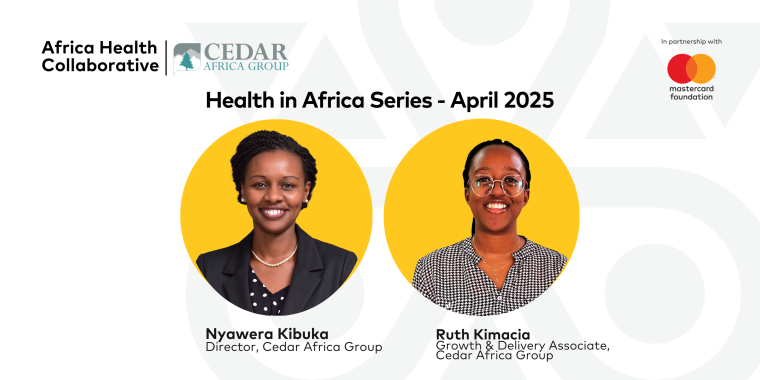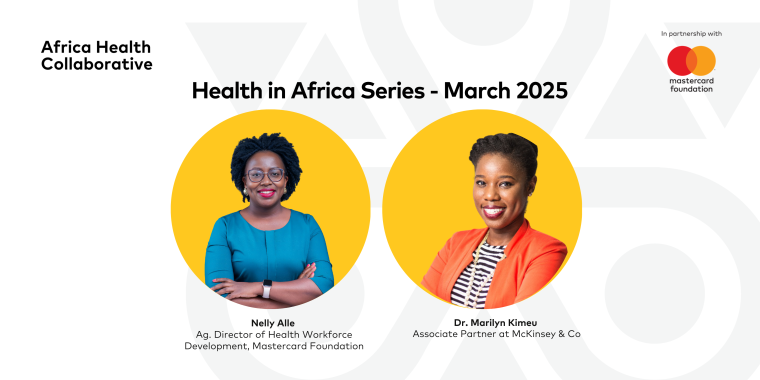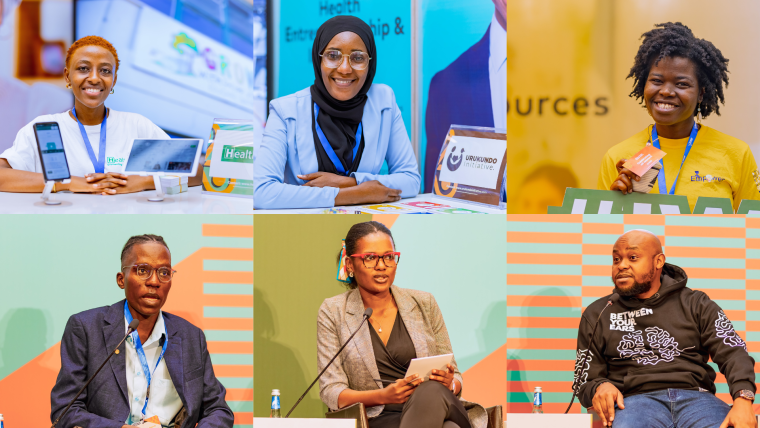Founders: Comfort Peace Ayikoru, Kidande Steven, Nakato Bridget Prudence, Mutaka Keith, and Mugiraneza Warren
The Africa Health Collaborative, in partnership with the Mastercard Foundation, will be welcoming the Health Entrepreneurship (HENT) African Impact Challenge’s second cohort for their upcoming visit to Toronto, where they will continue their implementation phase through activities targeting business development, expanding entrepreneurial networks, and facilitating exposure to potential investors.
The University of Toronto’s Health Collaborative Internal Communications Working Group caught up with the ventures to learn more about the origins of their companies, what they’ve learned to date, and what is coming up next…
BuriCare Limited
BuriCare Limited emerged from a poignant experience during the COVID-19 pandemic, when one of the founders witnessed firsthand the tragic consequences of inadequate neonatal care facilities. Comfort Peace Ayikoru saw her cousin struggle to obtain proper treatment for their pre-term baby due to the hospital’s limited resources. Despite being referred to a better-equipped facility, the infant tragically succumbed to hypothermia enroute.
This heartbreaking incident spurred the BuriCare Limited founder to take action. She joined co-founders Kidande Steven (CTO), Nakato Bridget Prudence (M&E Specialist), Mutaka Keith (CMO), and Mugiraneza Warren (CFO) to create their solution. The team recognized a concerning trend of infant mortality in pediatric wards due to prematurity-related complications. They reviewed 2022 UNICEF reports, which revealed staggering statistics: 15 million children born preterm annually, with over 1 million succumbing to preventable issues like hyperthermia and respiratory distress. Alarmingly, 60% of these cases occur in Sub-Saharan Africa, where Uganda alone loses 8 of every 27 infants daily.
In response, BuriCare Limited introduced their Kangacare baby carriers, designed to address the critical need for newborn care, especially in regions lacking adequate neonatal facilities. With only four Neonatal Intensive Care Units available in their country, Kangaroo Mother Care emerged as a cost-effective solution, promoting vital skin-to-skin contact between mother and newborn to regulate body temperature. These locally knitted carriers are equipped with essential sensors capable of monitoring the baby’s temperature, pulse rate, and oxygen saturation. In the event of any abnormalities, an alarm alerts the mother to seek immediate assistance.
Furthermore, vital infant data is seamlessly relayed to the Kangaroo mobile app, enabling remote monitoring by healthcare professionals. BuriCare Limited, committed to its mission, has successfully registered the company, and developed the initial product. Basic Kangacare baby carriers have already sold out, demonstrating the pressing need and demand for such innovative solutions.
What is the accomplishment to date that your team is most proud of?
“To date, we have been able to legally register the company as BuriCare Limited and we have an office space in Luwero- Uganda. We have been able to build Version 1 called Basic Kangacare carriers which is currently being sold. We have prototyped the Pro-Kangacare kits that have vital sensors and are awaiting Mbrara University Research Ethics Committee approval to carry on Feasibility and Acceptability Study starting in July this year.”
If you could give advice to another founder getting started, what would that be?
“Resilience is something every founder should have in them because the road is not always smooth. There will be times when you want to give up but always look at the brighter picture of how many people will be helped with such an innovation. The other is teamwork, when you collaborate and work together, you can achieve greater things as a team.”
BuriCare Limited has developed prototypes for the Pro-Kangacare kits, equipped with essential sensors, and is currently awaiting approval from the Mbarara University Research Ethics Committee to commence a Feasibility and Acceptability Study scheduled to begin in May 2024. Additionally, the company aims to ramp up production of its basic Kangacare carriers, with a goal of achieving 1000 sales by the end of the year. BuriCare Limited is actively seeking partnerships with NGOs and government entities to extend its reach and impact.

You can learn more about BuriCare Limited
More News & Events
Skip scroller content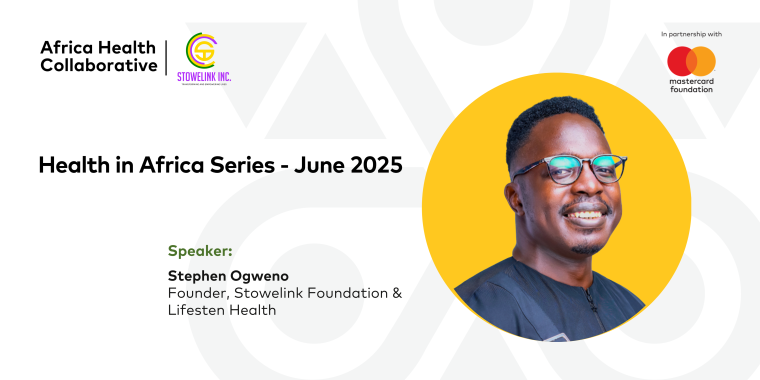
Mental Health and Identity for Students Studying at Home & Abroad
Amid shifting global dynamics, higher education institutions have a powerful opportunity to lead a new era of innovation in primary healthcare (PHC) systems. In the next episode of the Health in Africa Series, we explore practical strategies that academic institutions can apply to strengthen PHC systems, especially in resource-constrained settings.
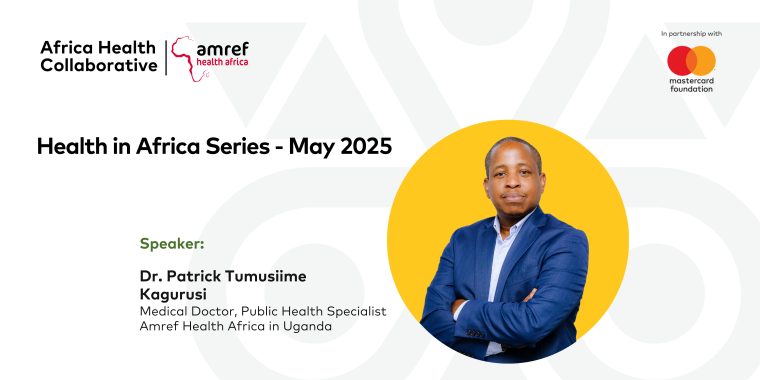
Higher Education’s Role in Reimagining Primary Healthcare
Amid shifting global dynamics, higher education institutions have a powerful opportunity to lead a new era of innovation in primary healthcare (PHC) systems. In the next episode of the Health in Africa Series, we explore practical strategies that academic institutions can apply to strengthen PHC systems, especially in resource-constrained settings.
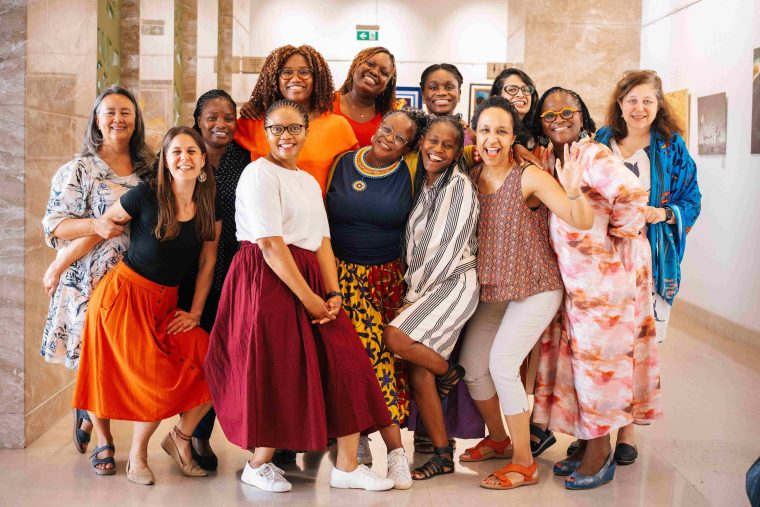
A Tribe Forged in Health: Leadership and Lifelong Bonds at WGHLF 2025
Leadership Coaching and Candid Conversations Kenyan leadership coach and governance expert, Dr. Susan Kinyeki, led a leadership coaching session that encouraged deep reflection on personal leadership journeys, identifying the ‘why ‘ and embracing the power of your voice. The highlight was a series of candid conversations with some of the most accomplished African female leaders in […]
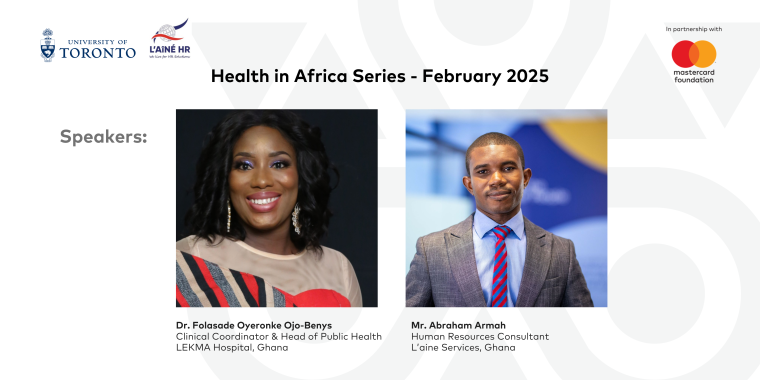
[Health in Africa Series] Health Careers in Africa: West Africa’s Job Market
About L’AINE HR L’AINE HR is a company focused on providing people-oriented solutions and development. As an ISO 9001:2015 certified organization, it serves thousands of clients in both the private and public sectors across various industries including Finance, Health, Media, Telecommunications, Education, Construction, Energy, Manufacturing, and Hospitality. The company prides itself on enhancing the most […]
